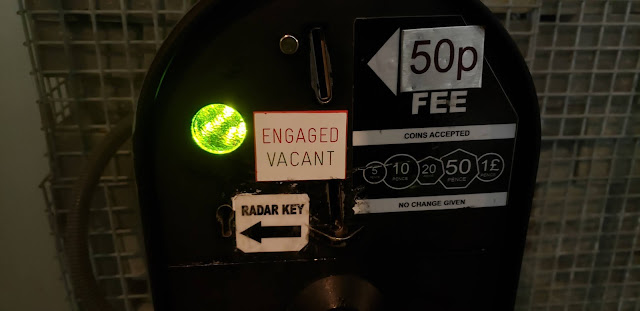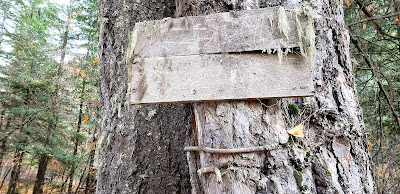I
knew that I would be missing London, England, when the customs officer at
Heathrow Airport waved me onward to my flight’s boarding area saying, “You can
go on through, lovie.” No one at home will call me “lovie.” Nor will I see any signs that say Dead Slow
Please Children. Americans and Brits
share the same language, but I am always amused at the diversions in word
choice.
The
sign saying Dead Slow Please Children was at the end of a long walled driveway
in the neighborhood where I was staying in London. At first glance, I misread the sign as Dead
Slow Children (wording that apparently is on some signs); this seemed irreverent,
but even returning the word Please to the sign was confusing. Did the wording mean for the children to
please be dead slow as they walked by or were drivers to be dead slow because
children were about? The expression dead
slow is a nautical term that according to Dictionary.com means “as slow as
possible without losing steerage way.” Dead
slow is an odd choice of words, since the cars aren’t on water nor are children
capable of walking on water. Possibly
the expression was simply more common in referring to a speed in a nation closely
linked to the sea and boating.
Another
odd sign was this one. The phrase made
me think that the area’s vehicles were on Valium or had been doing yoga meditation. Although it might be used to describe
speedbumps or street markings in discussions by transportation planning offices
in the Britain, as well as the United States, I have never seen it used on a
sign in the U.S. In Britain, it just
seems like more of the dry humor for which the country is known.
Bathrooms
in Britain are another source of verbal confusion. Many public restrooms are
simply labeled with the initials W.C. My
first thought is always that they stand for Winston Churchill, but obviously
this is nonsense. W.C. stands for water
closet. In Britain in the late 1800s, flushing
toilets were invented, installed, and named for their flowing water. They were different than the earth closets,
which were the designated areas where human waste that was collected during the
night in chamber pots was thrown on the ground.
In America we usually use the term restrooms. It seems to have come from the advent of
large department stores in the early 1900s who carved out women’s bathrooms with small
foyers with chairs and mirrors as places to rest a moment before their female customers resumed their shopping.
The
word engaged in England means that a bathroom has someone in it or as
the word implies, the individual inside is busy doing something. This public bathroom near Pudding Lane and
the Thames river cost 50p (pence) – another bit of humor. Although the word that we tend to use for a
bathroom here in the States is occupied, that word seems to convey a
presence, not an activity. Curious.
When
I was walking in central London the last week, I passed a man panhandling. Instead of saying “Got a dime?”, he said, “Spare
a coin, m’lady?” The sweetness of his
address struck me as charming.
Obviously at one time in British history, he might have been addressing
a real Lady. The use of m’lady instead
of my lady pegs him linguistically as someone of a lower class. Nevertheless, I appreciated his grace. I shall miss the quirkiness of British
English. And I will have to wait until I
make a return trip to become once again either a lady or a lovie.









